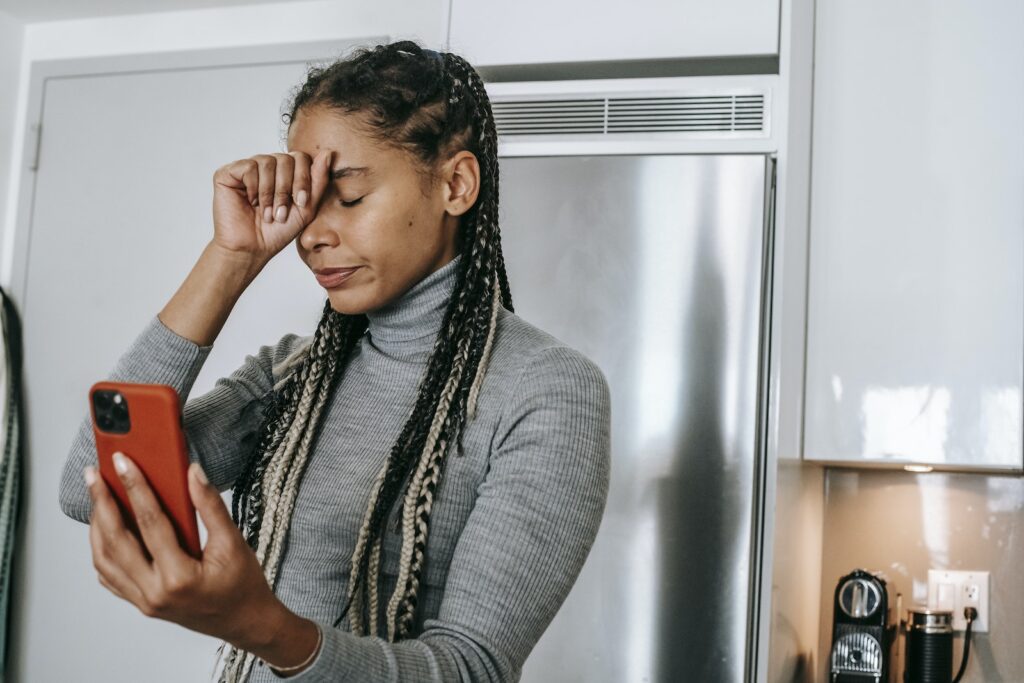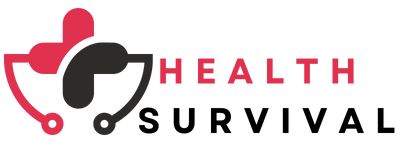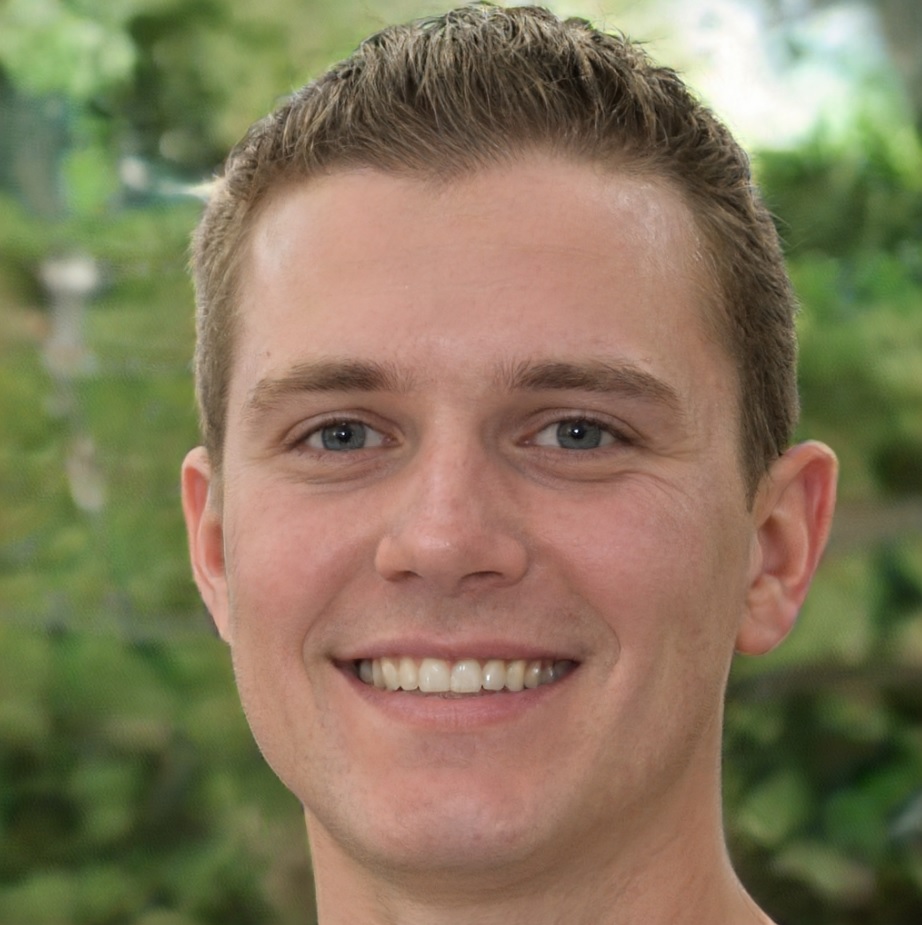Do you find yourself obsessively checking your social media accounts multiple times a day? Perhaps you’re even reading this article via a social media link. After all, in this interconnected age, who can resist the siren call of constantly updated feeds and instant virtual connectivity? However, while the convenience and interactivity of social media are undeniable, it’s crucial to understand its less-than-glamorous effects.

Mental Health Concerns
Scrolling through seemingly perfect photos and stories can take a toll on our mental health. Constant exposure to idealized representations of life can lead to feelings of inadequacy, low self-esteem, and even depression. This is particularly prevalent among adolescents and young adults, who spend a significant part of their day on social platforms.
Consider the story of Emma (name changed for privacy), a bright, college student who began exhibiting symptoms of anxiety and depression. Her therapist traced these symptoms back to her excessive use of social media, particularly platforms that emphasized photo sharing and received validation through ‘likes’.
Studies like one published in the ‘Journal of Abnormal Psychology’ have shown a stark correlation between heavy use of social media and increased instances of depression and anxiety, especially among younger users. The key is balance and mindfulness in usage. Try setting aside specific ‘tech-free’ times in your day, or consider apps that monitor your usage and set limits.
Read: How Hobbies Enhance Our Life and Mental Health
The Illusion of Social Connectivity
Ironically, even as we are more ‘connected’ than ever before, many of us have never felt so alone. Social media gives us an illusion of connectivity while, in fact, fostering feelings of isolation and loneliness. The ‘likes’, comments, and shares that we equate with social validation do not replace the deep, meaningful connections we forge in the real world.
In a study by the American Journal of Preventive Medicine, people who spent more than two hours a day on social media had twice the perceived social isolation than those who spent a half-hour or less. Instead of relying solely on digital interactions, strive to cultivate offline relationships. Engaging in community activities or hobbies can be a great way to start.
Digital Distraction and Productivity Loss
The constant beeping and buzzing of alerts and notifications can turn our attention away from the task at hand. This constant distraction inhibits our ability to focus, eventually leading to a loss in productivity. It’s not uncommon to find a quick social media break turning into hours of mindless scrolling.
Read: 380+ Lifestyle Quotes
Research from the University of California, Irvine, found that it takes an average of 23 minutes and 15 seconds to get back to a task after an interruption. Imagine the cumulative impact of multiple such interruptions throughout the day. Implementing ‘digital detox’ strategies, like designating tech-free zones or periods, can help enhance your focus and productivity.
Privacy Concerns and Data Breaches
Each post, like, or share we make, contributes to the digital footprint we leave on the internet. This footprint is a goldmine of information for companies, leading to targeted (and sometimes invasive) advertising. Worse, these data can be subject to breaches, leading to potential identity theft and fraud.
Recall the Cambridge Analytica scandal involving Facebook where the personal data of millions were harvested for political advertising. To mitigate these risks, it’s advisable to regularly review and tighten your privacy settings, be cautious of the information you share online, and keep app and system software up-to-date to ensure maximum security.
Read: Exploring the Digital Nomad Lifestyle
The Spread of Misinformation
The ease and speed with which information (or misinformation) can be spread on social media are alarming. From harmless rumors to dangerous fake news, social media platforms can be exploited to propagate falsehoods that can have real-world consequences.
For instance, the ‘Pizzagate’ conspiracy theory that was propagated during the 2016 U.S Presidential Election led to a man firing shots in a pizzeria. As consumers of digital information, it’s essential to cultivate a healthy skepticism and fact-check information before we accept it or pass it on.
In conclusion, while social media has its benefits, it’s crucial to be aware of its darker aspects. Being mindful of the time we spend online, the content we consume, and the data we share can go a long way in mitigating these effects. After all, as the saying goes, ‘Knowledge is Power’. Use yours wisely and share this knowledge with others in your network.
Uncover a treasure trove of stories like this on HealthandSurvival.com.

